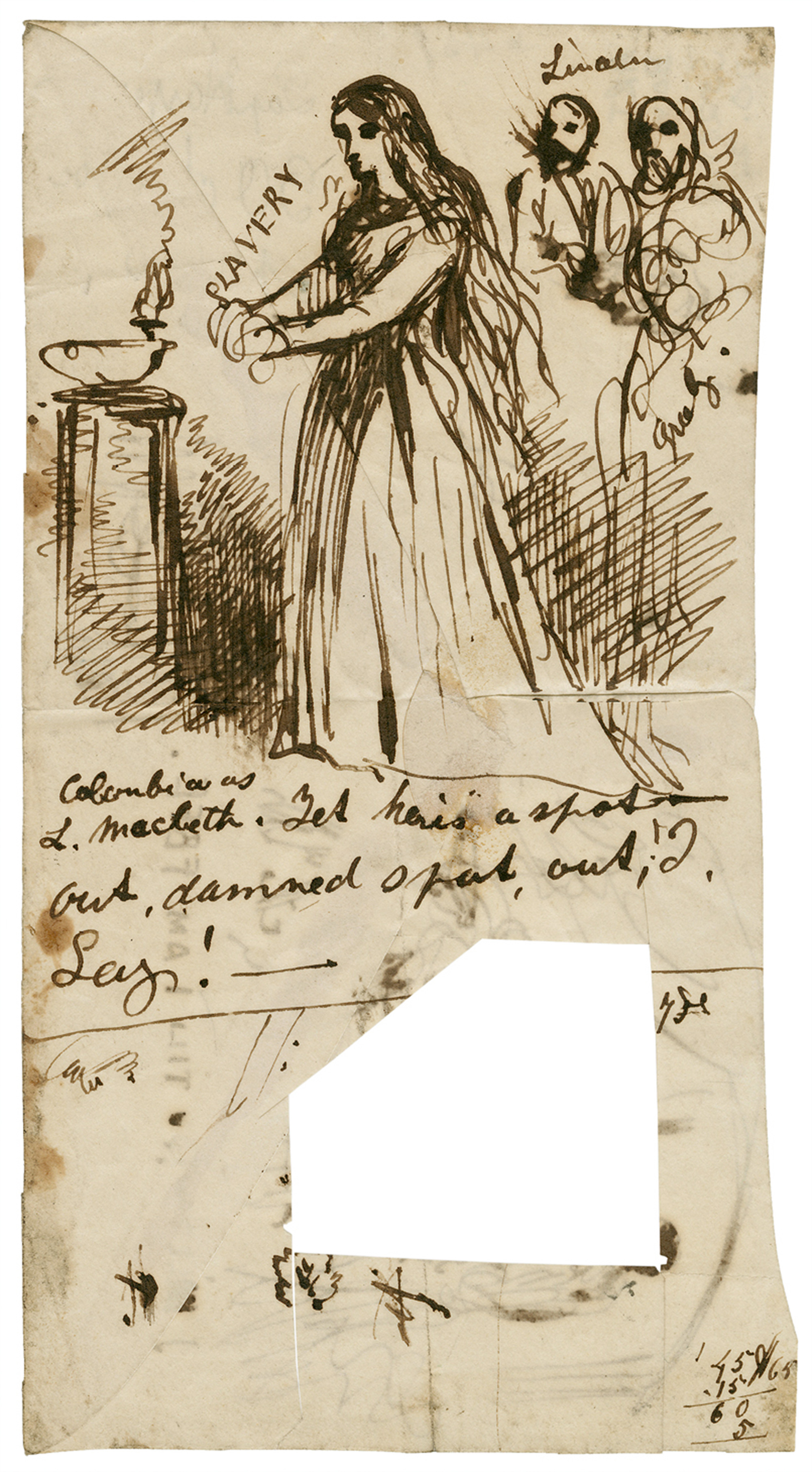The Pebble in the Soul
Scrupulosity and the origins of compulsivity
Herant Katchadourian

“Forgive me father for I have sinned,” says the penitent in the confessional. What is the sin? Before taking communion, the man confesses, he swallowed his saliva, thereby breaking the fast. The priest reassures him that swallowing his saliva does not break the fast. The man persists and wants the priest to give him absolution. But the priest cannot give absolution where no sin has been committed. The penitent will not relent and finally leaves and goes to another priest, and starts over again. In a second variant, the penitent has in fact committed a sin but is unable to accept absolution for it. She repeats her account of the offence time and again but cannot overcome her doubts that she has fully and unequivocally confessed her sin. She feels trapped, like a needle stuck in the groove of a record.
The medieval Church recognized that such behaviors were not the workings of a pious and sensitive conscience, but the result of a disordered mind. The problem came to be known as scrupulositas, a word derived from scrupulus, Latin for a small stone as well as the term for the smallest unit of Roman measurement (1/24 of an ounce, or 1.2 grams). Consequently, the life journey of the scrupulous person was likened to that of a traveler walking with a pebble in his shoe, making every step painful and hesitant.
References to such behavior go back to the early Christian Church. However, this issue did not become a serious clerical problem until 1215 when Pope Innocent III and the Fourth Lateran Council made penance compulsory, requiring the confession of sins to a priest at least once a year. To achieve absolution, a penitent had to meticulously recollect and examine past sins, in deed and in thought. This practice of contrition raised a host of questions: How often should one go to confession? What were the actions, thoughts, and feelings that needed confessing? How often and in what detail? With guidance from priests, most penitents could make sensible choices. But for some, matters got out of hand and the preoccupation with sins took over their lives and complicated the work of clergy who had to deal with them. By the 1500s, the word scrupulosity had appeared in English, and a century later, Shakespeare’s Lady Macbeth sleepwalks as she compulsively rubs her hand to wash off the imaginary bloodstain of the murdered king, uttering her famous soliloquy: “Out, damned spot! Out, I say! ... Here’s the smell of the blood still: all the perfumes of Arabia will not sweeten this little hand.” Although Shakespeare does not use the word scrupulosity (or compulsivity, the term we might use today) for Lady Macbeth’s hand washing, his description clearly suggests such behavior.